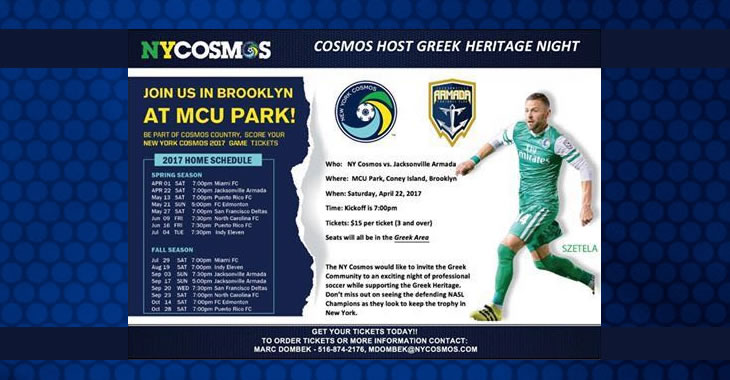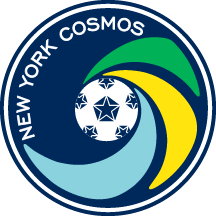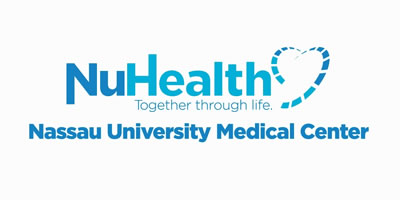News
Celebrating Origins and Originals: Greek Heritage and the κόσμος

When Clive Toye chose the name for the New York soccer club formed to enter the North American Soccer League in 1971, he turned to the ancient wellspring of our culture, the Greeks:
“I wanted a name which was different. I wanted a name which was big, and went through the list of names in my own mind of the New York sports franchises, and didn’t think too much of any of them, but looked to see where I could follow on and be bigger. The most recent (in terms of history) club to come into existence was the Mets, and the Mets was short for Metropolitan. And I thought, ‘how can I come up with something which is bigger than that?,’ and came up with Cosmopolitan. So I thought Cosmopolitan, no good; Cosmopolites, that’s no good. But Cosmos, that is great. It’s a derivation of Cosmopolitan and what is New York other than cosmopolitan? And what is bigger than the Cosmos? Nothing, so that’s what we’ll be.”
When it came time to find a head coach to assemble the inaugural roster, Toye turned to experts on the local soccer scene. Recommendations came down to just two candidates, Englishman and former defender/assistant coach of the New York Generals, Gordon Bradley and Alkis Panagoulias, head coach of Greek American Astoria Atlas.
Panagoulias had joined the Greek Americans from Iraklis Thessaloniki from the top-flight of Greek football as a player in 1962, but when he became head coach in 1967 the club became an instant powerhouse, winning the National Challenge Cup (now known as the US Open Cup) three consecutive years, from 1967-69. When Toye chose Bradley, Panagoulias went back to Greece to become assistant coach of the National Team in 1972, becoming head coach from 1973-1981. From 1983-85 Panagoulias was head coach of the USMNT, returning to Greece thereafter for the remainder of his career, including leading the Greek National Team once last time at the 1994 World Cup.
Although the eventual US National Soccer Hall of Fame coach Panagoulias missed out on the Cosmos coaching job, he nevertheless had an influence on the inaugural season’s squad. Two players Panagoulias brought to New York from Iraklis for the Greek Americans joined the Cosmos for 1971. Defender Lolos (Theodore) Hasekidis and midfielder Kyriakos Fitilis were both signed just ten days before the club made its league debut.
Hasekidas had played for Iraklis and the Greek National Team before coming to New York and playing for the Greek Americans, winning the U.S. Open Cup three consecutive years with the Astoria side from 1967-69. Like Hasekedis, Fitilis joined the Greek Americans from Iraklis, but just six months before signing for the Cosmos.
Fitilis only featured for the Cosmos for a flicker, but he will always play an important role in the annals of the Cosmos, providing the assist on the first-ever Cosmos goal in 1971, delivering a freekick to the head of Randy Horton. Fitilis started the first five league matches for the Cosmos, but never appeared thereafter. Hasekidis featured more regularly with eighteen appearances throughout the regular season as well as both playoff matches.
Hasekidis would continue to appear for at least another year with the Greek Americans, and Fitilis was on the 1974 Greek Americans team that won the club’s fourth Open Cup. That year, New York Pancyprians-Freedom were formed, forging a rivalry between the two Hellenic-speaking New York soccer clubs. The Pancyprians have won the Open Cup three times, 1980, 1982 and 1983. Both clubs continue to thrive on the local soccer scene with largely Greek rosters.
Although no Greek national has played for the Cosmos since 1971, Georgios Samaras did train with the club extensively throughout 2015. Samaras eventually signed with Rayo OKC, receiving a red card in his first match against the Cosmos, and then scoring a goal in each of the other matches he played against the Cosmos in 2016.
The Cosmos have faced Greek opposition three times in the club’s history.
In the 1971 NASL season, each team had to play four matches against foreign opposition, but rather than simply playing friendlies, these international matches counted in the standings. One match for the Cosmos was against Apollon Smyrni of Athens. The Cosmos were winning until a handling call controversially allowed the visiting Greeks to equalize from a penalty kick at Yankee Stadium. The Cosmos player blamed for the questionable call that helped the Greeks was the Greek, Hasekidis.
The Cosmos would visit Greece in 1978, winning 3-5 against AEK that October 4th. Giorgio Chinaglia scored a hattrick, with Seninho and Dennis Tueart scoring the remainder against the Greek champions in a goal-fest witnessed by a packed crowd of 28,000 Athenians.
The Greek National Team faced the Cosmos in front of a crowd of 42,318 at Giants Stadium on July 1, 1981. Roberto Cabañas and Giorgio Chinaglia scored in the Cosmos’ 2-0 win.
Despite having just two Greek players ever play for the club, just three matches against Greek clubs, and one visit to Greece in the club’s history, Greek heritage remains a constant influence on the club and its mission. Writing in the 1980 Player Information Book, Technical Director Professor Julio Mazzei wrote:
“The word Cosmos means HARMONY and BALANCE. In the past we have not lived up to the true meaning of this word. However, since we have learned so much from the mistakes in the past and endured the peaks and valleys together, we can now achieve harmony and balance for the 1980 season. This will only come about with hard work and pride in the organization and its historical mission.”
Inspired by the etymology of the word Cosmos, Mazzei’s 1980 squad would achieve that harmony and balance to earn the club its fourth NASL title. As the 2017 Cosmos seek a ninth title, Mazzei’s reminder of the origins of the club’s name are even more meaningful today. As he also wrote in that introduction:
“Composed of players and personnel of different nationalities, cultures, customs, traditions, habits, etc., the Cosmos paint a picture which represents the United States of America. It was a melting pot of immigrants that made this great nation what it is today.”
In celebrating Greek Heritage Night, the Cosmos celebrate not only all the Greek immigrants who enrich the diversity of New York, we celebrate the rich cultural legacy of ancient Greece and the spirit of cosmopolitanism.







